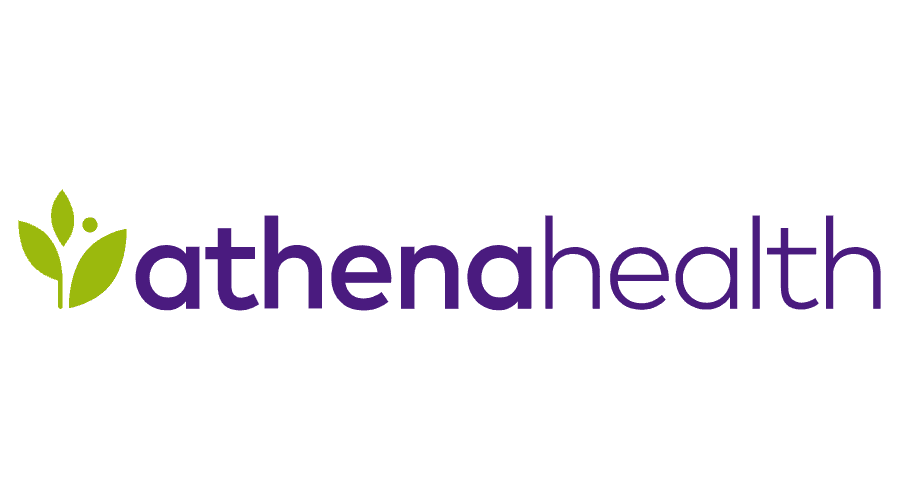Table of Contents
- Introduction
- What Is the NYT Crossword?
- What Does “Mindless Entertainment” Mean?
- The NYT Crossword as Brain Exercise
- Comparing “Simple” and “Thoughtful” Activities
- How the NYT Crossword Reduces Stress
- Expanding Vocabulary and Learning New Things
- Improving Problem-Solving Abilities
- Connecting with Others Through Crosswords
- How Different Difficulties Challenge Your Brain
- Criticism of the New York Times Crossword
- Tips to Enjoy Solving Crosswords More
- How Crosswords Have Changed with Technology
- Famous NYT Crossword Puzzles
- Conclusion
Introduction
The New York Times (NYT) Crossword is not just a puzzle—it’s a big part of popular culture. Millions of people enjoy it, some doing it daily and others just for fun. But here is the question: Is the NYT Crossword just a simple way to pass the time, or does it actually help your brain? Let’s take a closer look.
What Is the NYT Crossword?
The NYT Crossword has been around since 1942 and has become a famous part of the newspaper. Over the years, it’s known for its clever ideas, funny wordplay, and tricky challenges. The puzzles range from easy ones on Mondays to really hard ones on Saturdays so there is something for everyone.
What Does “Mindless Entertainment” Mean?
Mindless entertainment means activities that don’t need much thinking. For example, scrolling through social media or watching a comedy show. Some people think solving crosswords, especially the easier ones, is like this because it does not always require a lot of deep thinking.
The NYT Crossword as Brain Exercise
Research shows that puzzles like the NYT Crossword are not just simple games. Studies suggest that doing these puzzles regularly can help improve memory, make your thinking more flexible, and even slow down the effects of aging on the brain.
Comparing “Simple” and “Thoughtful” Activities
Simple activities are repetitive and don’t require much thought, while thoughtful activities make you use your brain and help you concentrate. The NYT Crossword is special because it’s both relaxing and challenging, making it a great example of a thoughtful hobby.
How the NYT Crossword Reduces Stress
The everyday pressures of life can be very stressful, but working on a crossword puzzle gives you a break. By concentrating on the clues and solving the puzzle, you can forget your troubles for a while and feel calm and satisfied.
Expanding Vocabulary and Learning New Things
Each crossword puzzle teaches you a little about words and interesting facts. You might learn unusual words or historical details, and feel a bit more knowledgeable after finishing. It’s like having a quick, enjoyable lesson every day.
Improving Problem-Solving Abilities
Doing the NYT Crossword is not just about knowing words; it’s also about using strategies. The puzzle helps you think logically, notice patterns, and find creative ways to solve problems.
Connecting with Others Through Crosswords
Crosswords can bring people together. You can talk about answers with friends or join online groups where people discuss crosswords. The NYT Crossword creates a sense of belonging among its fans.
How Different Difficulties Challenge Your Brain
The NYT Crossword has puzzles for all skill levels. Easy puzzles give you quick satisfaction, while harder ones really test your brain.
Criticism of the New York Times Crossword
Even though the NYT Crossword is very popular, not everyone likes it. Some people think it’s too hard or only for certain people, while others just don’t find it interesting.
Tips to Enjoy Solving Crosswords More
If you want to improve at crosswords, start with easier puzzles on Mondays, use a thesaurus to find words, and don’t hesitate to look up tricky clues. With practice, you can get really good at it.
How Crosswords Have Changed with Technology
Crosswords have moved online, with apps and websites making puzzles easier to access. Features like hints and timers add new ways to enjoy the classic game.
Famous NYT Crossword Puzzles
Some NYT Crossword puzzles have become well-known over the years. Whether because of controversial clues or clever themes, these puzzles show how creative and important crosswords can be.
Conclusion
Is the NYT Crossword just a fun game or a way to exercise your brain? It really depends on how you look at it. It can be a nice way to relax, but it also helps improve your thinking skills. Why not try it out and see what you think?







